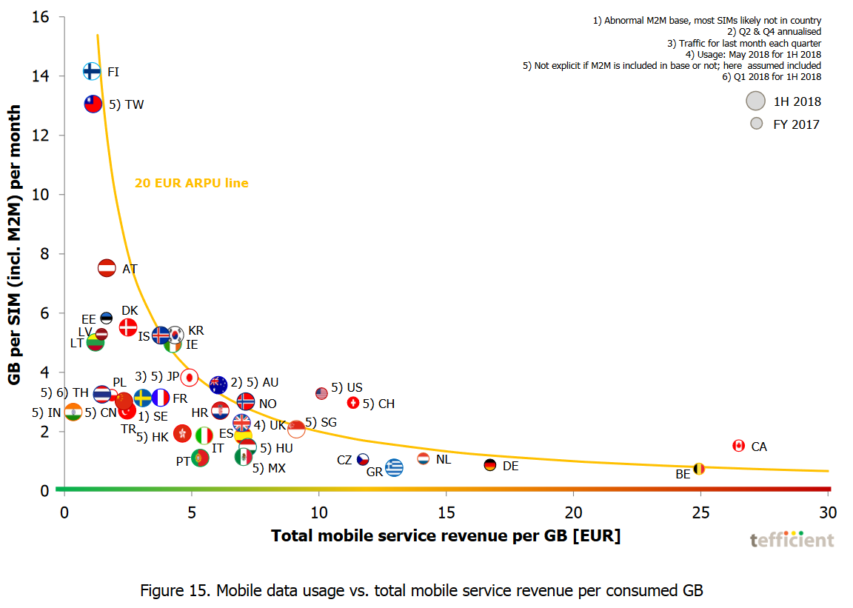It’s … not as bad as it could have been, says Chris Selley:
The Canada Food Guide reliably gets a rise out of Canadians who would prefer the government get off our lawns and stop trying to tell us how to live. And the long-awaited update, released Tuesday fully 12 years after the past one, is something of a feast for curmudgeons. In addition to new guidance on what foods we should be consuming — in brief: more plants, fewer animals — it suggests we consider such novel concepts as cooking foods ourselves more often, and eating foods with other people.
Have you considered that if you cook a larger batch of food, you’ll have more food left over to eat at future meals — perhaps having frozen the food and then defrosted it? If you struggle to drink as much water as the guide thinks you should, have you considered that you can “drink it hot or cold”?
I try to keep my curmudgeonly instincts in check. An exercise like this is bound to produce a few silly, infantilizing recommendations. Most countries like Canada have a food guide of sorts. It makes sense that a health ministry would have basic nutritional guidelines on the books to inform institutional policies, not least what kids get fed at schools. Goodness knows you needn’t follow them at home — and indeed, it would surprise me if very many of us do. Modern Western human beings do seem to love being told what to eat, but it’s generally by people with a hell of a lot more charisma than the authors of “Eat well. Live well.” Food porn this ain’t. Protein choices suggested in accompanying photographs include a few tragic slices of skinless chicken, a mighty kebab of three (3) cubes of mystery meat and nothing else, and a portion of salmon to which something brown has happened.





